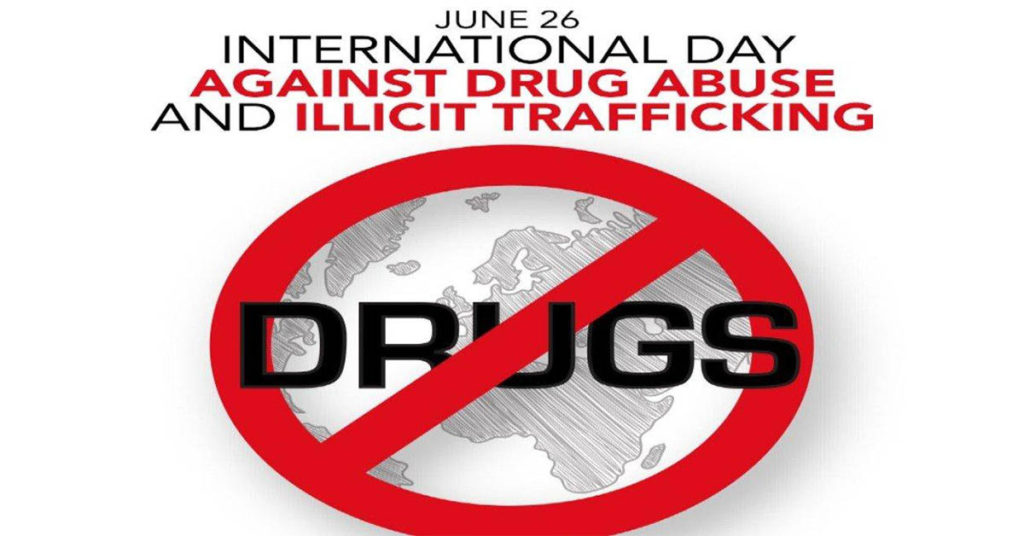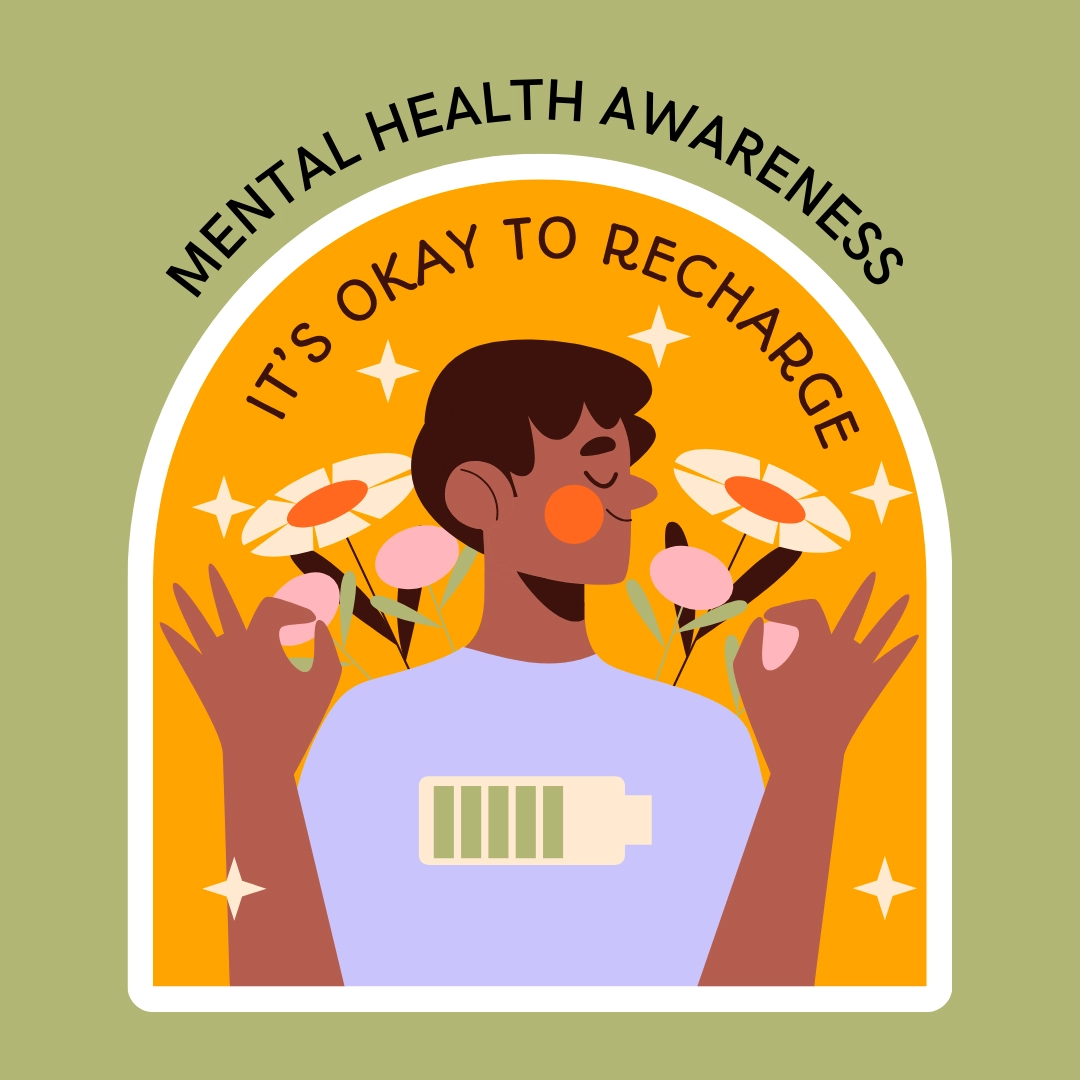International Day Against Drug Abuse and Illicit Trafficking was observed on 26th June. This is done to highlight the severe menace of drug abuse and trafficking all over the world. Drug addiction impairs mental health. Trafficking is often linked to other crimes too, like kidnap and murder.
International Day Against Drug Abuse and Illicit Trafficking
26th June 2021 was International Day Against Drug Abuse and Illicit Trafficking. The United Nations started the observance of this day in 1989. The date has significance in connection with the Opium Wars of China. It was on this date in 1839 that the opium trade was dismantled in Humen, Guangdong. The International Conference on Drug Abuse and Illicit Trafficking held in Vienna in 1987 recommended that an annual day should be observed to mark the importance of the fight against drug abuse and illicit trafficking.
The theme of the day this year was Share Facts on Drugs, Save Lives. The objective is to combat misinformation and promote the sharing of facts on drugs, from health risks and solutions to tackle the world drug problem, to evidence-based prevention, treatment, and care. The campaign highlights key statistics and data obtained from the annual World Drug Report to present facts and solutions to the current world drug problem, to attain a vision of health for everyone, based on science. The report provides a global overview of the supply and demand of drugs such as opiates, cocaine, cannabis, amphetamine-type stimulants and New Psychoactive Substances (NPS), and their impact on health. It underlines through continuing research and accurate data that drug use has severe adverse health consequences and that we must wake up to the need to spread awareness about it.
The menace of substance abuse
The drugs that are abused worldwide are those substances that affect mental processes like perception, consciousness, cognition and emotions when administered into one’s system. They fall under categories like stimulants, inhalants, depressants, dissociative, opioids, cannabis and hallucinogens. Alcohol and nicotine fall under its broad category. While the law controls or prohibits the production and distribution of such psychoactive drugs, some of these are available for medical purposes restrictively. These are classified according to a hierarchy of schedules at international levels. The1988 Convention Against Illicit Traffic in Narcotic Drugs and Psychotropic Substances is one of the important laws governing the sale of these drugs.
Statistics show that over 7 million people suffer from an illegal drug disorder, and one in four deaths results from illegal drug use. It should be noted that more cases of illnesses, death and disabilities are associated with drug abuse than any other preventable health condition.
Drug abuse, like any form of addiction, adversely affects mental health. Abused drugs affect the brain and cause large amounts of dopamine, a neurotransmitter that helps regulate our emotions, motivation and feelings of pleasure, to flood the brain and produce a heady feeling. In course of time, they change the way the brain works and interfere with the user’s ability to make choices, leading to intense cravings and compulsive drug use. People who suffer from drug and alcohol addiction run a higher risk of unintentional injuries and accidents. Many domestic violence cases are directly linked to substance abuse. Alcohol-induced nutrition deficiencies can result in brain damage, seizures and liver disease. Alcohol use by pregnant women impacts the brains of unborn babies, resulting in fetal alcohol spectrum disorders.
How to cure drug abuse?
Cognitive Behavioral Therapy (CBT), combined with medication is often a way of treating drug abuse. The combination of treatments will vary depending on the patient’s individual needs and on the types of drugs they use. CBT or talk therapy is very important in the treatment. Individual and group sessions are important in the rehab setting to help put patients on their recovery paths. Talk therapy helps people gather the tools needed to face triggers and cravings in the outside world without resorting to drugs or alcohol. Individual therapy gives clients the opportunity to talk to their counselors or therapists about the issues that might have led to their addiction, and strategize ways to neutralize those situations in the future. Group sessions are especially helpful because they forge bonds between participants and people see others facing similar struggles. The stigma attached to mental illnesses has to be dispelled before we seek the help of a therapist.
Telehealth options for treating drug abuse
Remote counselling is a viable option today thanks to telehealth platforms like PACIFYR. Such platforms are particularly important when it comes to mental healthcare. An expert therapist can handle a person suffering from drug abuse by talking to him over many sessions at the latter’s convenience and arriving at the root cause and triggers of the abusive behavior. Then he will be able to offer solutions, starting with practical substitutes for the substance being abused.
Illicit drug traffickingDrug trafficking is the global cultivation, manufacture, distribution and sale of substances which are subject to drug prohibition laws. The United Nations Office on Drugs and Crime (UNODC) continuously monitors and researches global illicit drug markets in order to gain a more comprehensive understanding of their dynamics. Illegal drug trade is often linked to crimes likes kidnapping and murder. The observance of 26th June is also an occasion for countries to reaffirm their pledges of uncompromising fight against mafias engaging in drug trafficking.




